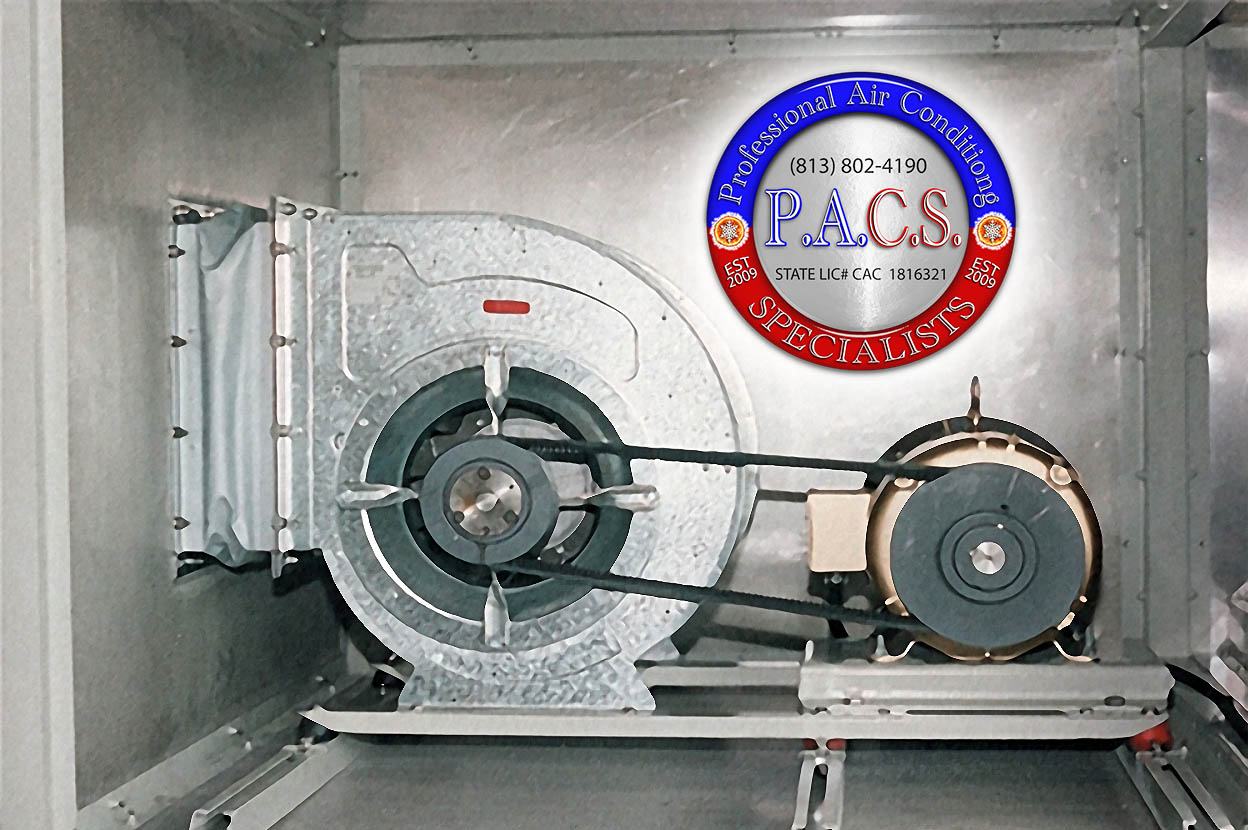Energy Efficient Air Conditioning Systems
Air conditioning systems consume significant energy, leading to higher utility bills and greenhouse gas emissions.
Here are some tips for increasing energy efficiency with air conditioning:
Utilize a programmable thermostat:
By programming it to increase when no one is home but lower when people are present, a programmable thermostat can allow you to reduce energy usage significantly and save on costs.
Regular maintenance:
Doing a periodic sweep through of air filters, coils and refrigerant levels to maintain efficient functioning is key to keeping a system running properly. Cleaning or replacing air filters as necessary; keeping coils clean; and making sure proper refrigerant levels can all contribute to keeping an HVAC system working effectively.
Insulation:
When done right, insulation can help keep cool air inside, decreasing the workload on your air conditioning system and helping your cooling bills remain affordable.
Equipment Efficiency:
When searching for an air conditioning replacement system, search for one with a high Seasonal Energy Efficiency Ratio rating - also known as SEER ratings. SEER stands for Seasonal Energy Efficiency Ratio and measures the energy efficiency of an air conditioning unit.
Natural ventilation:
Opening windows and using natural airflow to cool your space can be a great alternative to air conditioning during cooler parts of the day.
Shade Your Outdoor Unit:
If your outdoor air conditioning unit is subject to direct sunlight, consider shading it with plants or structures to keep it cool while lowering energy use and costs.
Smart cooling:
For optimal performance, consider investing in smart cooling systems that adapt to your habits and schedule. Such systems could shut off automatically when you leave home or go to sleep, saving energy when necessary. By following these tips, you can significantly enhance the energy efficiency of your air conditioning system, lowering both your energy costs and carbon footprint.
|
